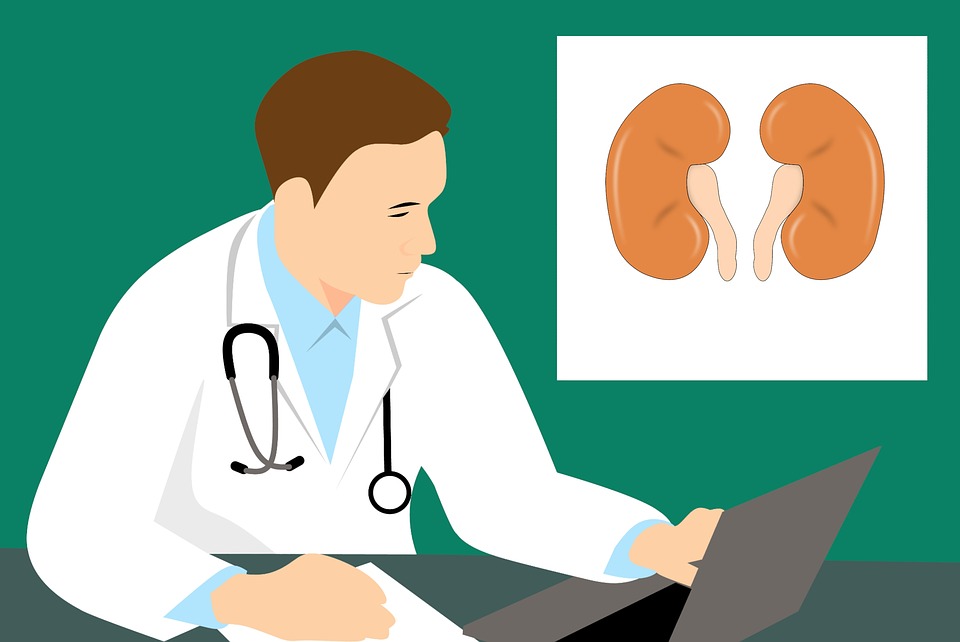Kidney Disease And Health Risks In Women
Not only are women susceptible to the same kidney diseases that afflict men, they are also vulnerable to a set of kidney ailments that are unique to their gender. Thus, women can be affected by the usual suspects of kidney disease like diabetes, high blood pressure, stone disease and other kidney conditions related to child-bearing, hormones and infections.
Pregnancy-Induced (Gestational) Hypertension
Normally, pregnancy leads to reduction in blood pressure. When the blood pressure exceeds 140/90 mmHg in a pregnant women after the 20th week, it is termed gestational hypertension. This is more common in the first pregnancy. Gestational hypertension by definition, disappears within a few weeks after delivery.
To put it simply, “delivery delivers the mother from high BP. of high blood pressure develops before the 20th week or persists for months after the delivery, it is not gestational hypertension but primary hypertension. Though gestational hypertension resolves completely after delivery, it often comes back in subsequent pregnancies. Also, there is the risk of it developing into primary hypertension later in life and this can cause damage to the kidneys.
Pre-Eclampsia/Eclampsia
Pre-eclampsia is a combination of high blood pressure, protein loss in the urine and swelling of the feet occurring alter the 20th week of pregnancy, often associated with kidney damage. Eclampsia is when a pre-eclampsia patient develops fits. The pre-eclampsia/eclampsia complex occurs in up to 10 per cent of first time mothers, It is one of the dreaded complications of pregnancy as it can cause kidney failure, heart failure, liver failure, brain damage, coma, lung failure and even death of the mother. In the child, it can cause growth retardation, prematurity, and still-births.
The root cause of gestational hypertension and the pre-eclampsia/ eclampsia complex are the kidneys.
Obstetric Catastrophes
The kidneys are peculiarly vulnerable to obstetric catastrophes like placenta separation, post-delivery bleeding, liver disease of pregnancy and infections. For some reason, the first organ to get damaged in these complications are the kidneys. When damage occurs, it is extensive and can totally destroy the kidneys.
Pre-Existing KidneD Disease And Pregnancy
Women with kidney disease rarely get pregnant due to hormonal reasons. However, once they do, there is hell to pay’ The functioning of the kidneys gets worse and complicates the pregnancy too. When a woman with kidney disease gets pregnant, the chances of pregnancy related complications exponentially increase, putting both the mother and the child at risk The mother has a higher chance of pregnancy induced hypertension. pre-eclampsia/ eclampsia complex, liver failure, cardiac failure, lung failure, infections (urinary and others), pre-term labour, pre-delivery and post-delivery bleeding and even sudden death.
The likelihood of the kidney disease worsening and even leading to kidney failure and dialysis dependence is also very high. The risks to the child include birth defects, prematurity, and still-births. The child may be born with developmental defects of the lungs, heart, kidneys, brain, nervous system, bones or liver. Due to these problems, most nephrologists strongly discourage women with pre-existing kidney disease from getting pregnant.
Auto-Immune Diseases
The immune system of the body is programmed to immediately recognise invading foreign agents like bacteria and viruses and prepare an aggressive response. At times, the immune system of the body cannot differentiate between internal (self) cells and external cells. It, therefore, starts fighting against its own cells causing tissue injury and disease. This is called autoimmune disease.
The battle between the immune system and the body s cells takes place at various locations. Symptoms depend on the battlefield. Common battlefields include the kidneys, skin, joints, brain, and lungs, of which the kidney is by far the most common ground. Autoimmune diseases are precipitated by imbalances in female hormones and hence more frequent among women as compared to men with a female-to-male ratio of 9:1.
The detection of kidney disease is often delayed in women, leading to more extensive damage
Urinary Tract Infections
Untreated or inadequately treated urinary tract infections can lead to kidney infection and subsequent kidney disease. Urinary tract infections are much more common in women as compared to men due to hormones. menstruation and proximity to rectal bacteria. Hence, infection-related kidney diseases are more common in women.
Early Diagnosis And Treatment Is Key
As in any disease, early diagnosis and treatment is the key to limit damage. Unfortunately, women tend to seek medical help and evaluation later than men. This is due to a variety of reasons, socio-economic being one of them. Consequently, the detection of kidney disease is often delayed In women, leading to more extensive damage.
The genes, hormones and body structure play an important role ¡n predisposing women to kidney diseases. However, women can reduce this risk by adopting some lifestyle changes. Drinking plenty of fluids, doing regular exercise, eating sensibly and seeking early medical help are some of the means by which women can keep kidney diseases at bay.
